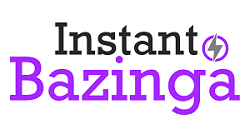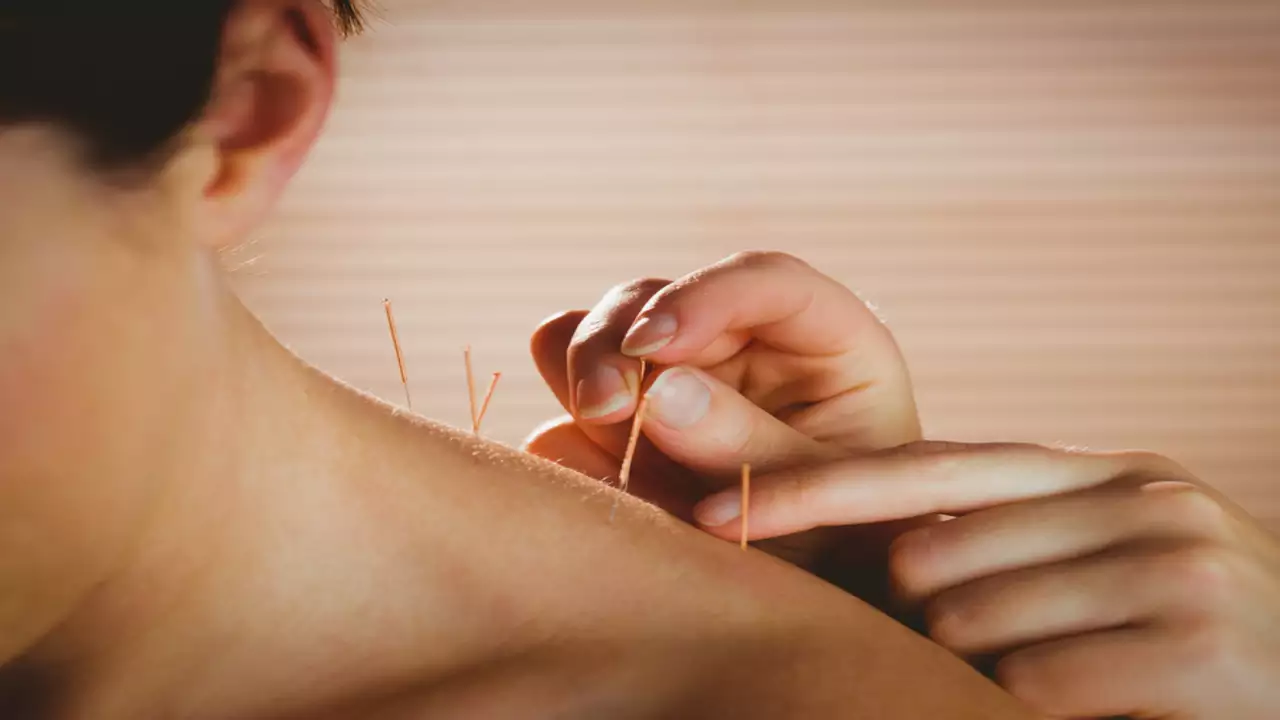An Overview of Acupuncture.
Acupuncture is a traditional medical practice that dates back at least 2,500 years to China. It has long been used in Asia and other parts of the world. Since the 1970s, acupuncture has been a part of Western mainstream culture. During acupuncture therapy, needles are often inserted into a number of acupoints, which are designated points on the meridians where energy flow is thought to assemble. As a result, the symptoms linked to these underlying energy imbalances should improve on their own. However, the risks of acupuncture when performed by an untrained practitioner must be mentioned.
What To Expect from Acupuncture.
- Initial consultation.
The acupuncturist will inquire about your medical background, way of life, and any present health issues, including the most painful body parts.
This initial checkup often takes 60 minutes. The practitioner determines the appropriate number of treatment sessions one will undergo and examines your face, pulse, and tongue.
- Needle insertion.
It should be painless to receive acupuncture. There are instances when the patient will feel the initial insertion, but there is never a moment when the patient should feel pain the entire time they receive therapy. Usually, the needles are left in place for ten to twenty minutes while you relax and lie on a comfortable table.
- Sensation and relaxation.
In the vicinity of the needled area, acupuncture may result in dull aches. A profound sense of calmness and relaxation often follows these feelings. It should be relaxing to receive acupuncture.
Risks Associated with Acupuncture.
The risk factors of acupuncture include the following:
- Injury risk.
Vital nerve and structural injuries are uncommon in patients treated by qualified professionals. Yet unskillful needle penetration into a blood vessel can result in bleeding, bruising, and pain. In addition, after the procedure, the body portions where the needles were placed by the acupuncturist may feel a bit sore.
The laws require that the needles used for acupuncture be sterile, disposable, and used only once. There is a risk of spreading diseases that can be transmitted on needles if reused. The infections include Hepatitis B and C and HIV infections.
- Omission of allopathic and traditional care.
Ignoring conventional and allopathic therapy could result in incorrectly diagnosing or treating illnesses. As a result, many acupuncturists and medical professionals refer to acupuncture as a complementary therapy rather than an alternative therapy.
- Fatigue or drowsiness.
Some people experience exhaustion following acupuncture. It can sometimes feel like an undeserved hangover, but your body repairs while you sleep, so any drowsiness is your body telling you to take it easy and let it do its thing. Usually, this goes away after a few hours, but it might linger for up to three days in some people.
- Allergic reactions.
Herbs are often burned on the skin to create precise heat patches near acupuncture sites. Herbs are as potent as pharmaceuticals; therefore, they should be taken with the same care and attention.
- Unexpected side effects.
The side effects can be increased pain, depression, convulsions, or insomnia. Acupuncture can also cause significant alterations within the nervous system, and only the precise points should be needled.
Transform Your Health with Mirvacu, The Top Acupuncture Clinic in Houston.
Although acupuncture’s efficacy is still questioned, when carried out by a qualified professional, acupuncture is generally considered safe, despite potential dangers. Acupuncturists from Mirvana Acupuncture and Chinese Herbs are professionals and deliver quality services.




